IT law: omnipresent in the digital age
In the current digital age, it is nearly unthinkable for companies to do business without encountering information technology. Your company has contact with customers via its website, collects data from customers online or has already expanded its business with a web shop (e-commerce). Invoices are, of course, often sent online. It should therefore come as no surprise that IT law has developed into its own branch of law.
Specialists with technical knowledge
When you are expanding your company’s digital activities, e.g. by creating an informative website or by selling your products via a web shop, you can count on the assistance of our lawyers specialising in IT law. As far as IT law is concerned, not only a thorough knowledge of the law is required, but also a certain technical knowledge is essential in order to be able to answer your IT-related questions. While others get nervous when thinking of source codes, ERP implementation or other digital riddles, our IT specialist Jan Peeters feels completely at ease when it comes to technology.
Website & web shop
By the way, did you know that you are obliged to provide certain information on your website? You can find more information in our publication Verplichte vermeldingen op mijn website: een must?.
Our firm ensures that your general terms and conditions are tailored to the specific characteristics of e-commerce (which is subject to specific rules, such as a right of withdrawal for consumers) and helps you to draw up a disclaimer that protects your company against digital risks. Not to mention the compulsory information that you have to put on your website for the protection of personal data (GDPR regulations) if you collect customer data via your website (e.g. via a contact form or login profile).
Software development
Almost every company has a website or web shop nowadays. However, genuine IT companies, that develop software or collect and analyse big data, are confronted with several other, often complex, IT-related questions and problems.
If your company develops software, we can assist you with the drafting or review of software agreements (e.g. SLA or service level agreement) or software licenses (e.g. EULA or end-user license agreement). This is a very specific subject matter, in which the legal and technical knowledge of our IT team comes in convenient. An important point of attention in this context is also the copyright on software. Although software itself can be of great value, practice has shown us that it is rarely arranged who owns the copyright. Because of our specialisation in both IP law and IT law, we can assist you with this issue. Should a dispute arise about your software, we can also represent you in legal proceedings.

